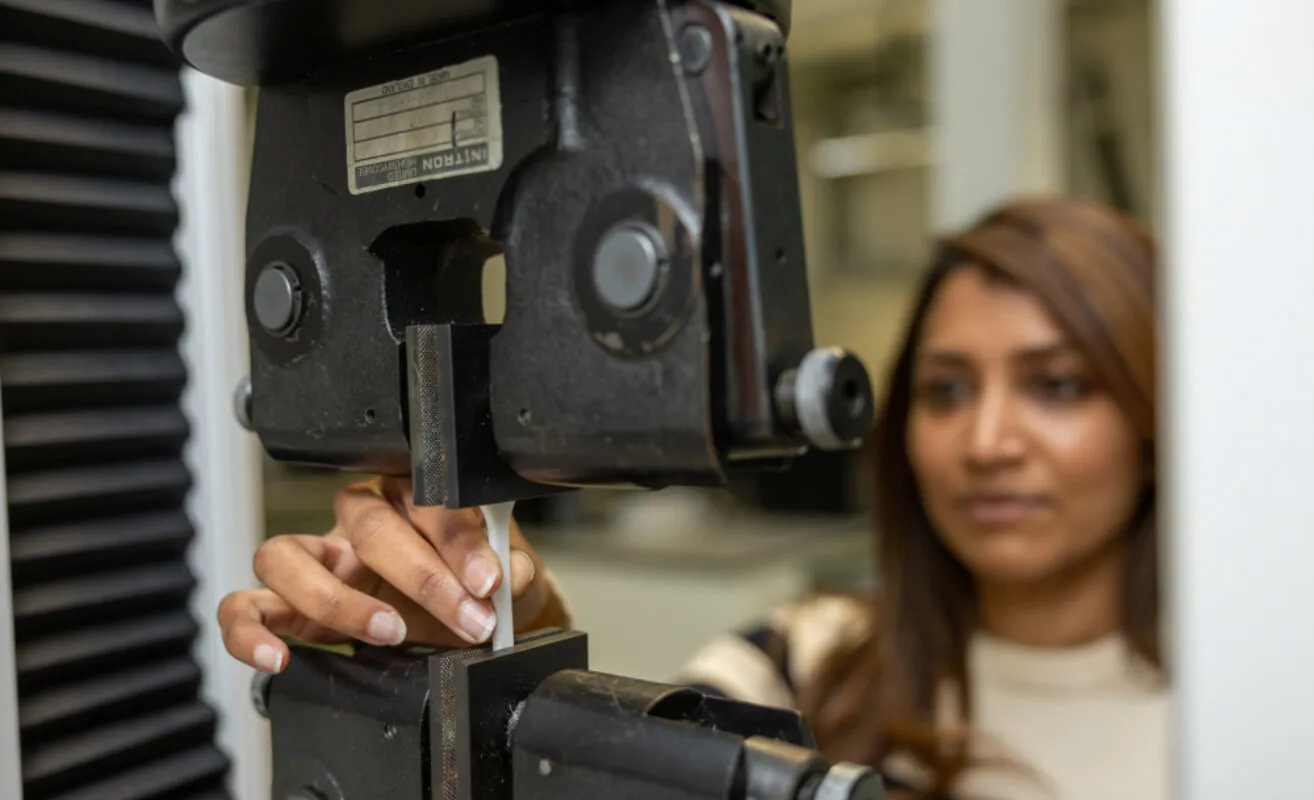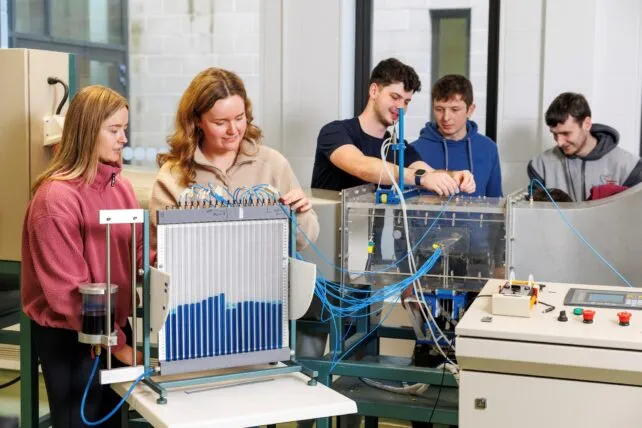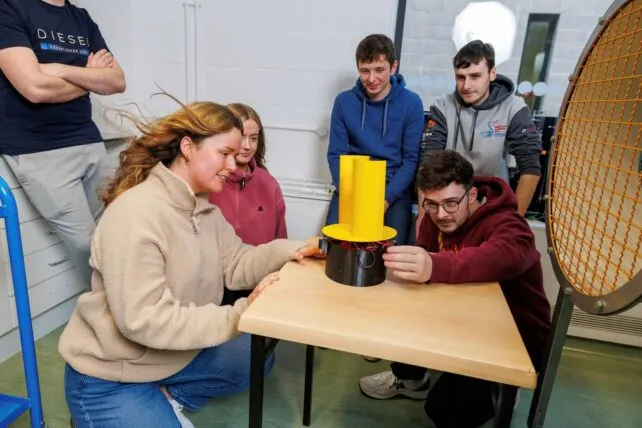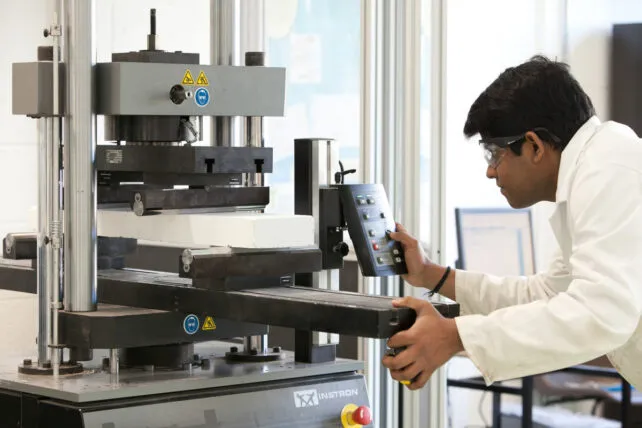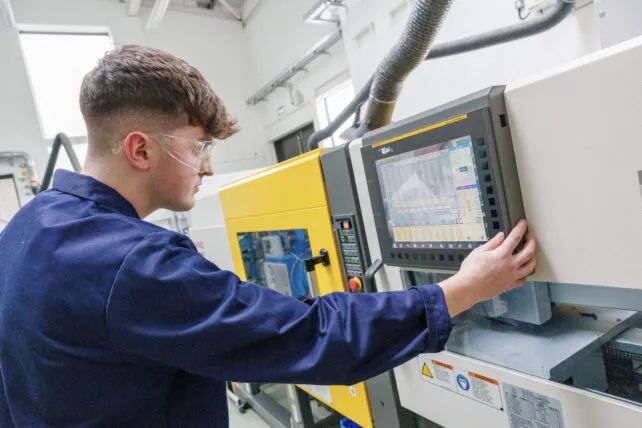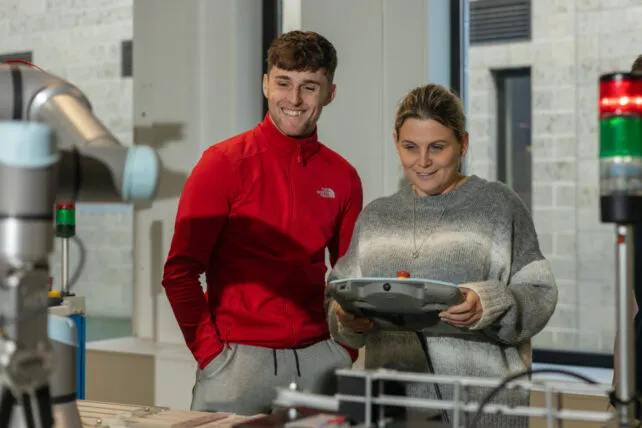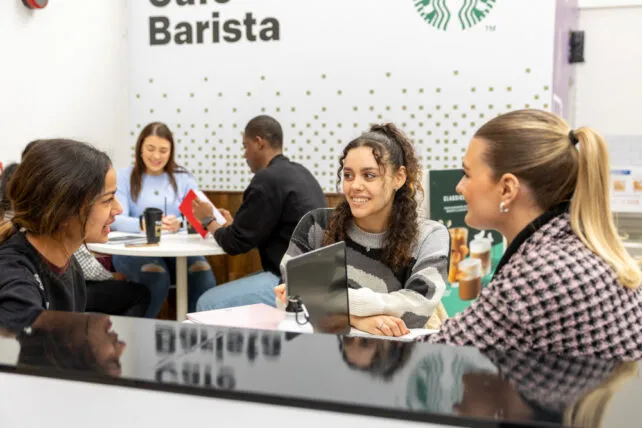What will I experience?
At TUS Midlands, Engineering education is very practical. Almost 50 % of your time will be spent in state-of-the-art laboratories developing your practical engineering skills, and the other 50% will be spent on engineering theory and its application.
While studying on this course students will:
- visit some of our industrial partners to experience the role of a mechanical engineer.
- gain valuable work experience by completing an industry-based project.
- improve their teamwork and communications skills by working as part of small teams on projects.
- develop their problem –solving skills and reasoning techniques.
- develop their ability to effectively communicate within the engineering community and society at large.
- upon completion of the course, they will have developed an ability to critically appraise mechanical engineering systems, to identify areas of potential improvement, to bring about corrective action and where applicable, to suggest and implement an alternative solution.
- Gain valuable work experience in 3rd year by completing a six month work placement.
In the third year of the course, students undertake a mandatory four-month work placement, which spans from January to June. This placement carries a weight of 25 credits and must adhere to predetermined criteria, mutually agreed upon with the employer beforehand. These placements can be pursued both within Ireland and internationally.
What opportunities might it lead to?
Discussions with leading voices in mechanical and manufacturing domains such as Boston Scientific, Athlone Extrusions and Mergon have expressed the need for mechanical engineers with practical skills. In designing this course, the TU, engaged with manufacturing and supply chain companies regionally and nationally, who have endorsed the need for this course. Additionally, research-active companies, have all identified the candidate skills developed within this course as necessary for a future workforce.


